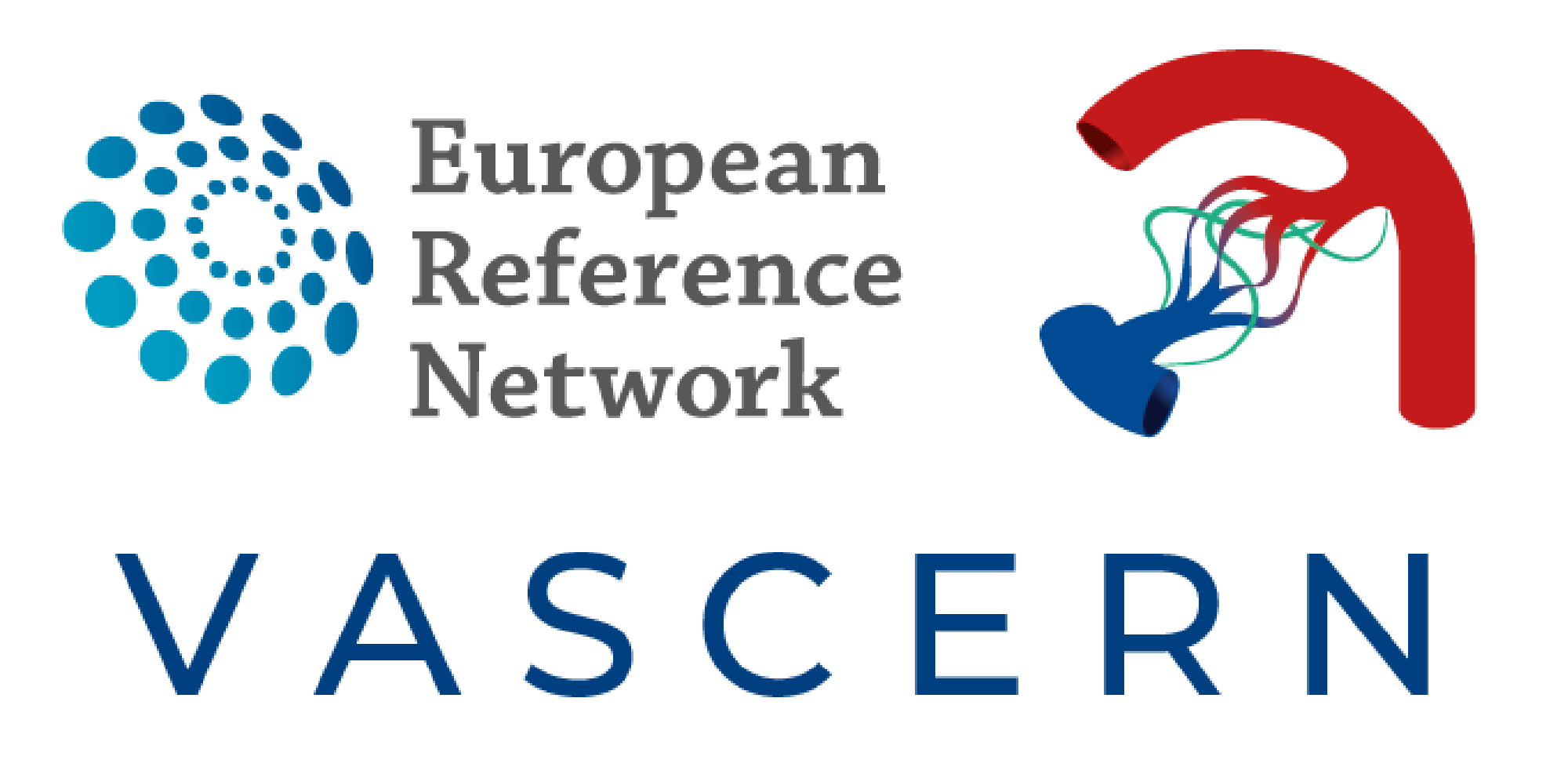
The field of vascular anomalies is undergoing a transformative phase, with genetic insights leading the way to more accurate diagnoses and targeted treatments. The VASCERN Vascular Anomalies Working Group’s recent study, Assessment of gene-disease associations and recommendations for genetic testing for somatic variants in vascular anomalies by VASCERN-VASCA, offers valuable recommendations to optimize genetic testing for these complex conditions.
Vascular anomalies include a wide range of disorders characterized by abnormal blood vessel formation. These conditions can vary significantly, both clinically and genetically, often presenting unique diagnostic challenges. Somatic (postzygotic) variants are a common cause of these anomalies. However, differences in testing methods across laboratories can lead to varying results, affecting the sensitivity and accuracy of these tests.
Genetic testing has become an integral part of the diagnostic process for vascular anomalies, complementing clinical, radiological, and histopathological evaluations. Despite its importance, access to genetic testing isn’t always consistent, and different labs use different methods. This can result in discrepancies in test results, impacting patient care and treatment plans.
Physicians and laboratory specialists from 11 multidisciplinary European centers came together to address these challenges. This team reviewed current knowledge and practices related to genes involved in non-hereditary vascular malformations. Their findings included:
- Core Gene List: A list of 24 key genes was identified based on current practices, existing classifications, and scientific literature.
- Gene-Phenotype Associations: The study evaluated the relationship between genes and specific conditions, categorizing these associations as:
- 16 definitive
- 16 strong
- 3 moderate
- 7 limited
- 3 with no current evidence
The study provides important recommendations for improving genetic testing, particularly in knowing both the gene-phenotype relationships and the strength of the associations. This will greatly help laboratories in data interpretation and eventually in the clinical diagnosis, leading to better patient outcomes.
For detailed information on the study and its findings, click here.
References:
Revencu N, Eijkelenboom A, Bracquemart C, Alhopuro P, Armstrong J, Baselga E, Cesario C, Dentici ML, Eyries M, Frisk S, Karstensen HG, Gene-Olaciregui N, Kivirikko S, Lavarino C, Mero IL, Michiels R, Pisaneschi E, Schönewolf-Greulich B, Wieland I, Zenker M, Vikkula M. Assessment of gene-disease associations and recommendations for genetic testing for somatic variants in vascular anomalies by VASCERN-VASCA. Orphanet J Rare Dis. 2024 May 22;19(1):213. doi: 10.1186/s13023-024-03196-9. PMID: 38778413; PMCID: PMC11110196.
